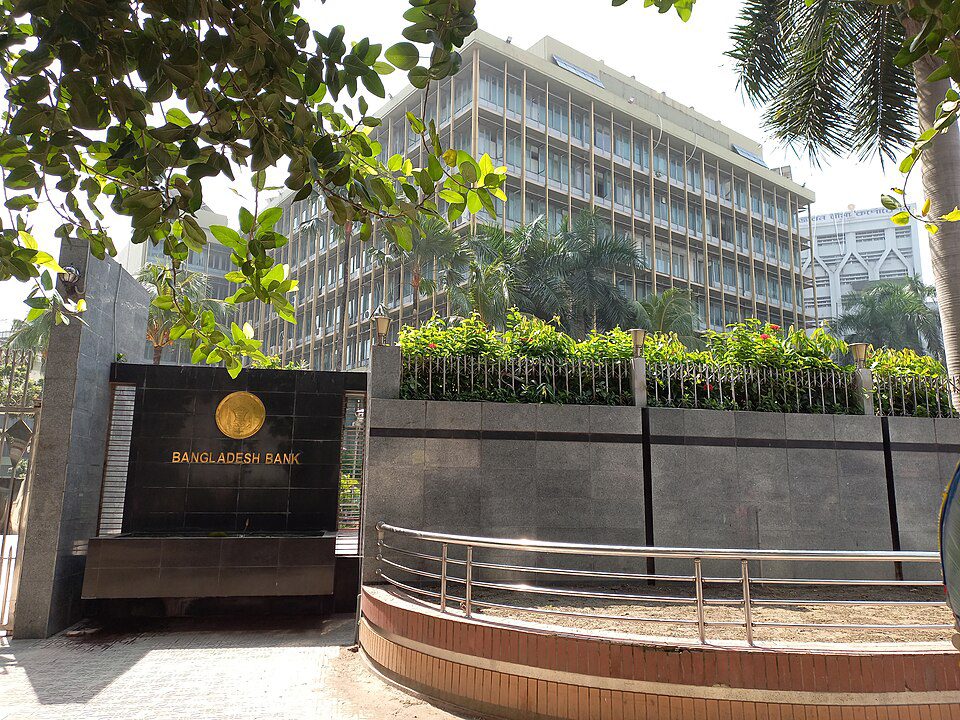A group of weak banks, including those linked to S Alam and others, are floundering under non-performing loans (NPLs) amounting to Tk1.3 lakh crore, dragging the country’s banking sector into a prolonged crisis.
Pervasive irregularities over the past decade and a half have severely affected these banks—mostly Shariah-based—which are said to have borne the brunt of extensive misappropriation.
As a result, these financial institutions have seen a worrying rise in NPLs. Despite reforms within their boards of directors, little meaningful progress has been achieved, reports UNB.
According to Bangladesh Bank data, 10 banks operating under Shariah principles currently hold defaulted loans totalling a staggering Tk1.3 lakh crore, accounting for over 23 percent of their total loan disbursements.
Efforts by the central bank to tackle the crisis—such as dissolving the boards of these struggling banks—have produced limited results. Even capital injections have failed to restore depositor confidence.
In response, the central bank’s governor, Ahsan H Mansur, has proposed merging some of the weaker banks into two larger entities.
Although the proposal has been met with cautious optimism, analysts remain divided over its viability.
They warn that forced mergers may not deliver the desired outcomes.
Shah Md Ahsan Habib, a professor at the Bangladesh Institute of Bank Management (BIBM), told UNB, “I am in favour of mergers, but not of forcing them. The balance sheet of one bank would be merged with another, and their operations integrated.


